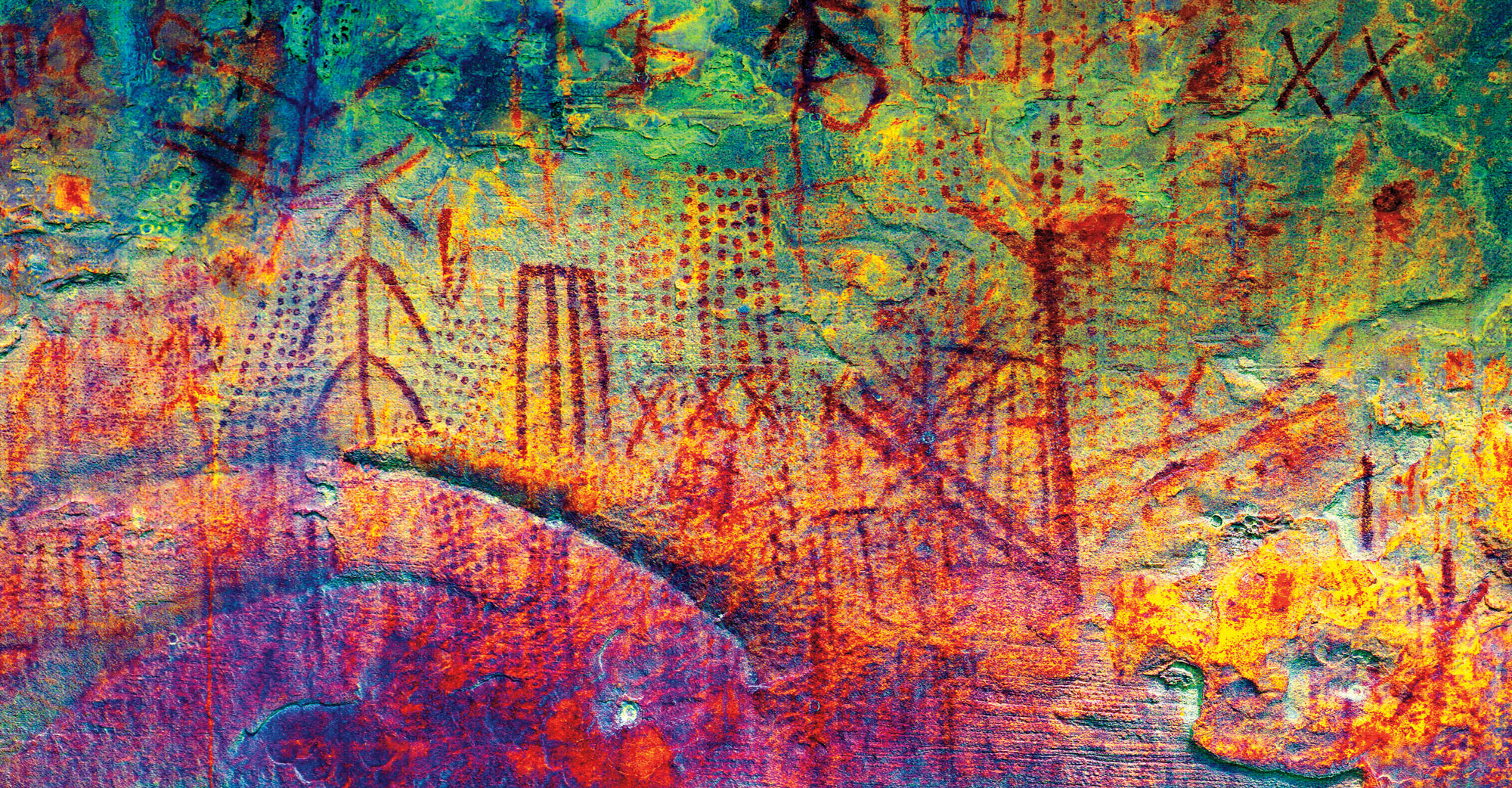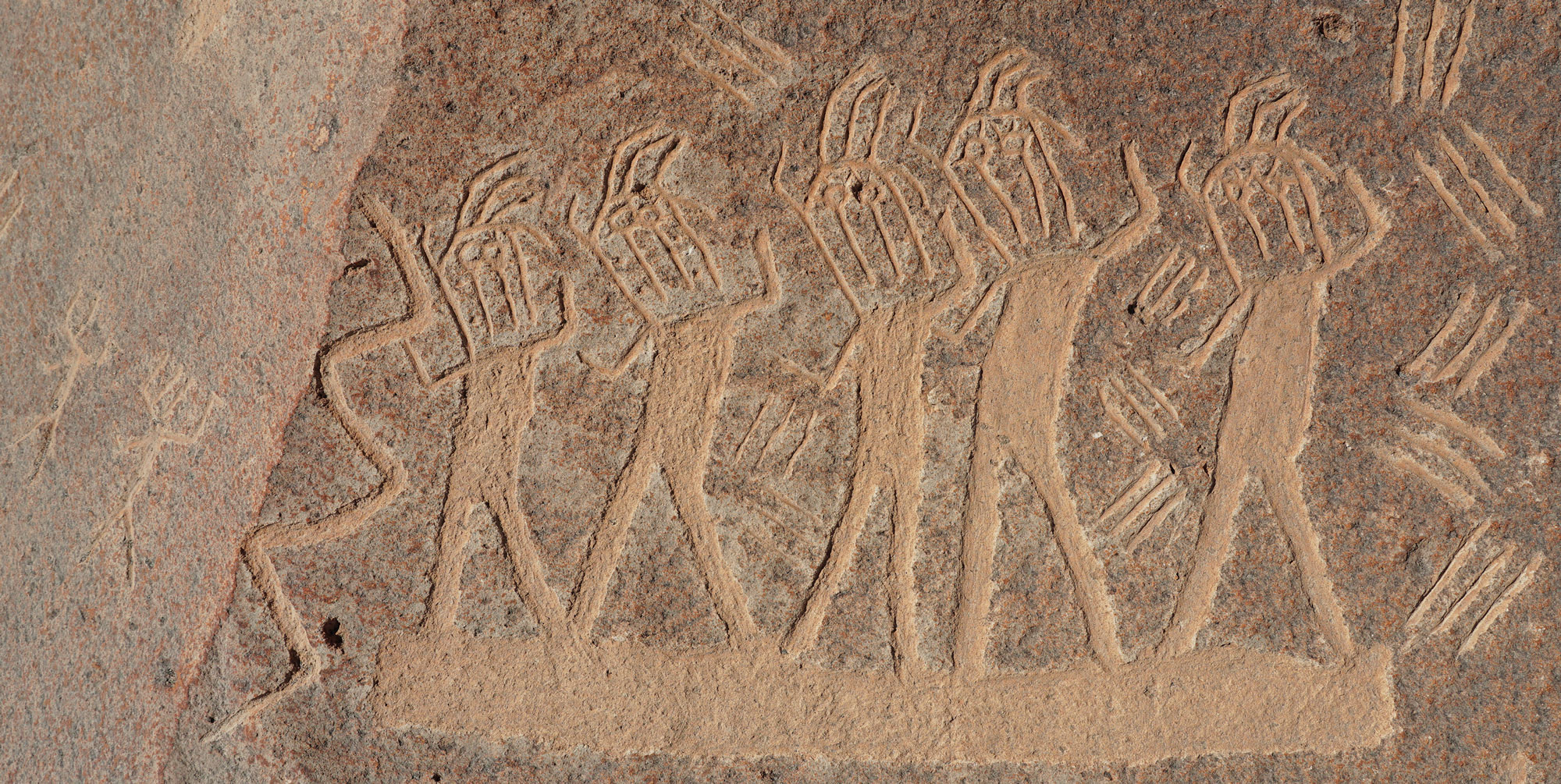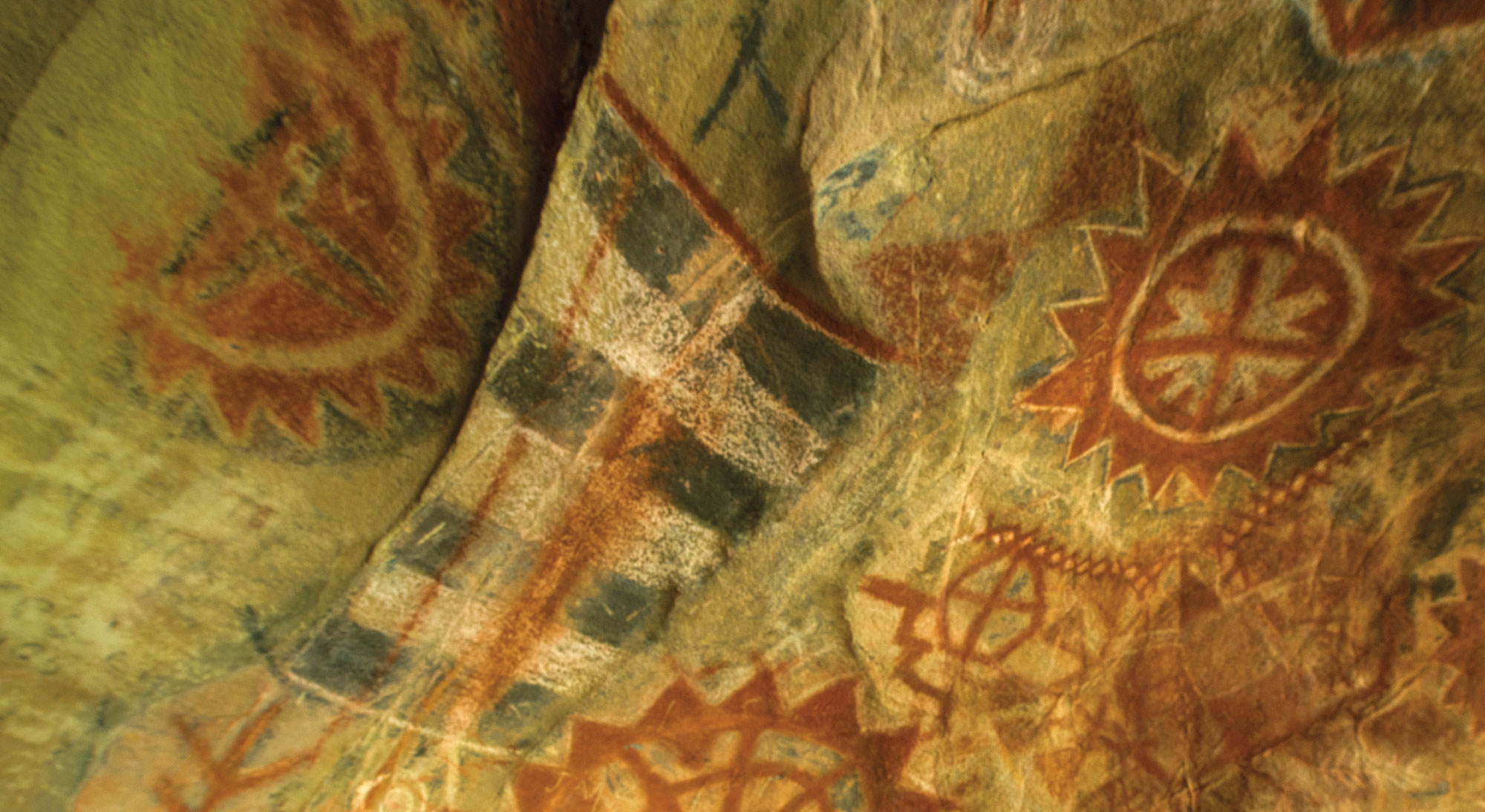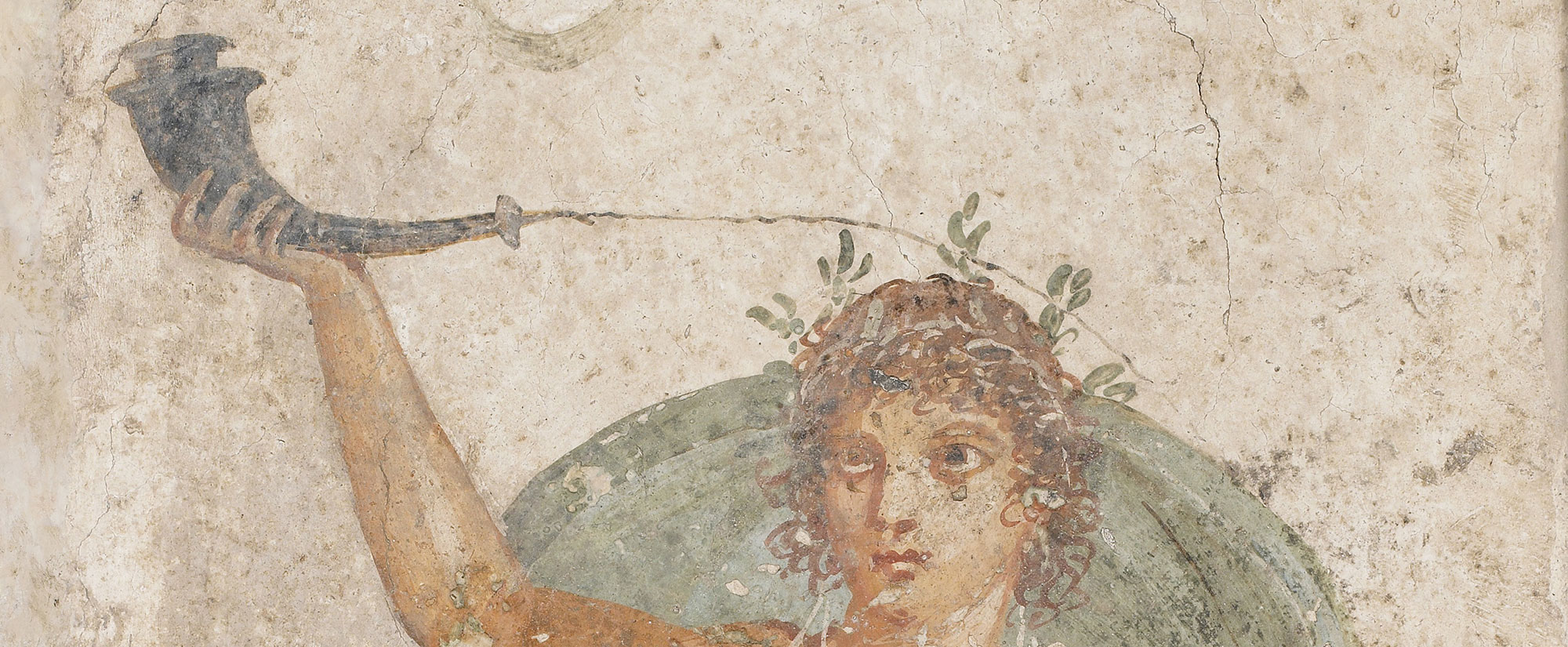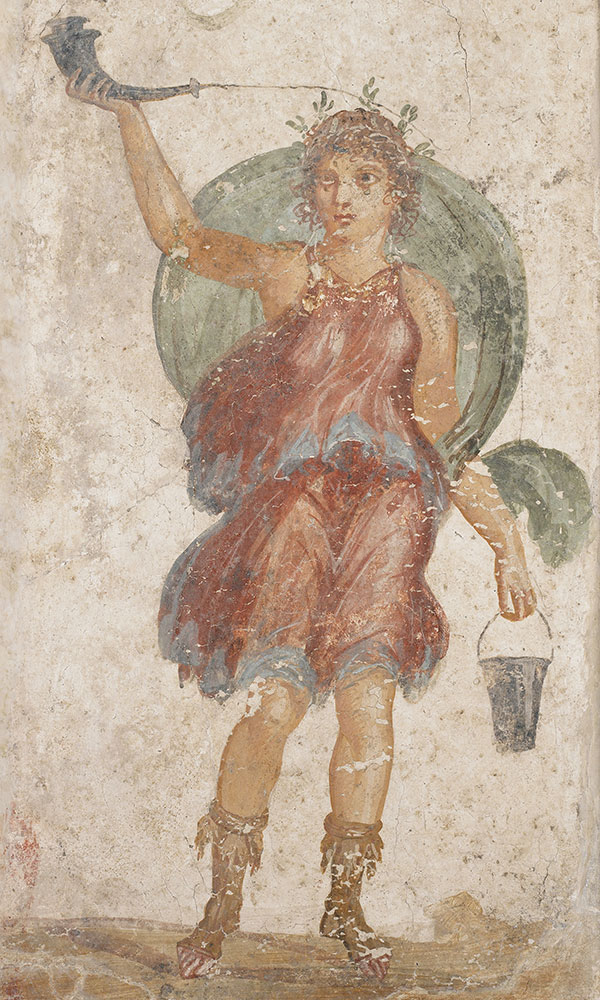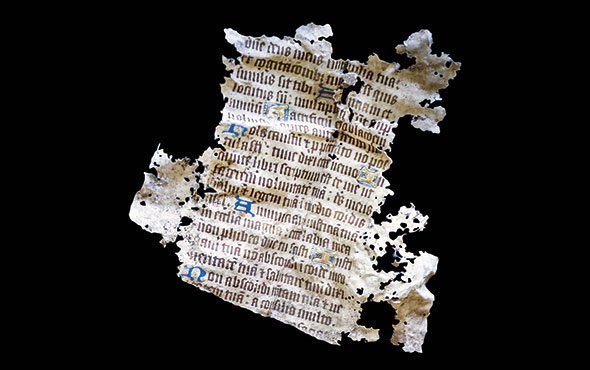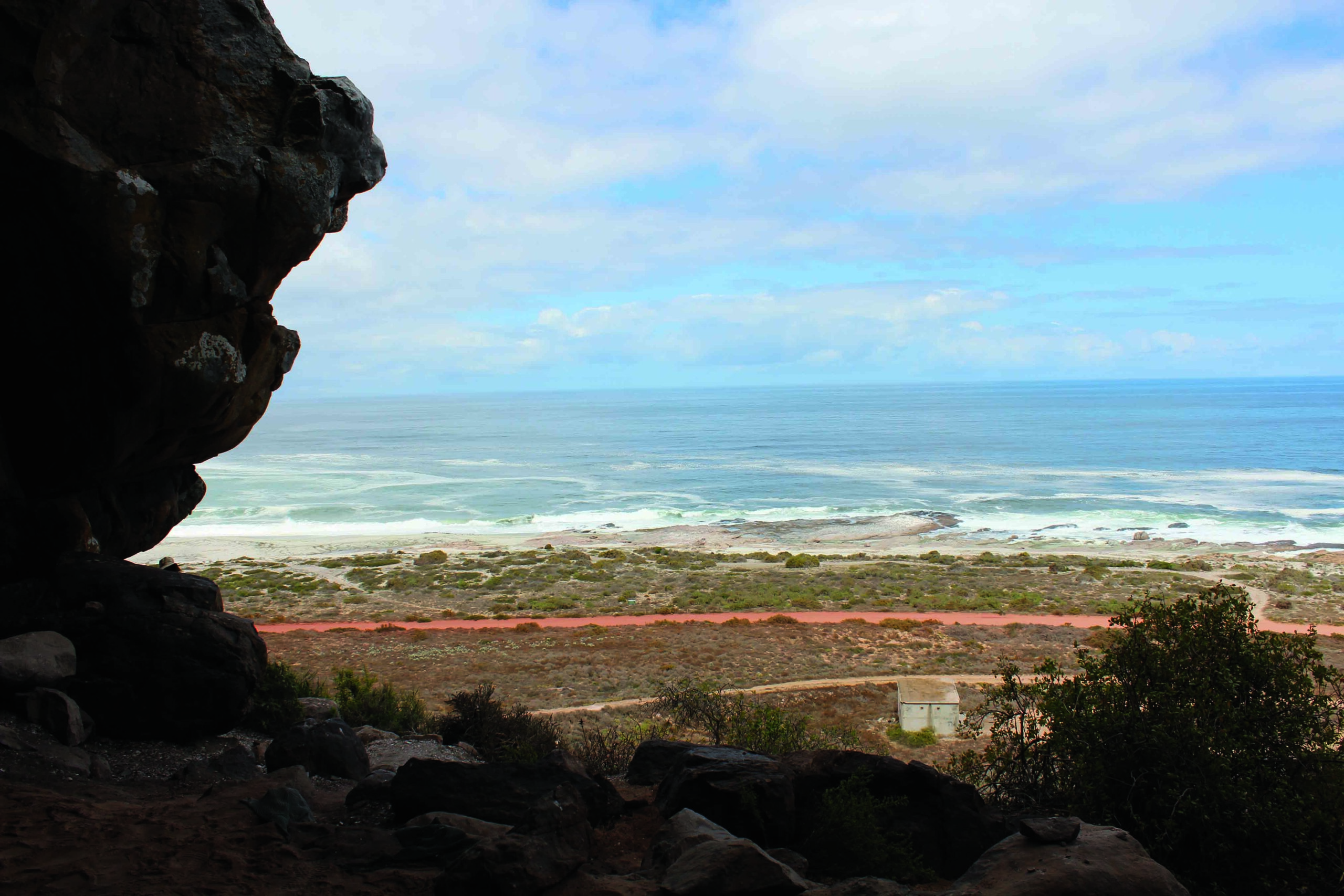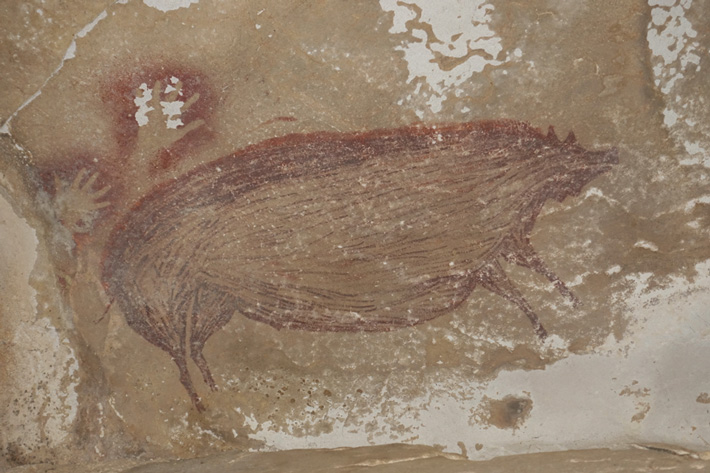
SULAWESI, INDONESIA—Images of the Sulawesi warty pig (Sus celebensis) found at Leang Tedongnge Cave have been dated to at least 45,500 years ago with uranium-series dating of calcite minerals deposited on the artwork, according to a Live Science report. Adam Brumm of Griffith University said the animals, which are known for their facial warts and weigh up to about 190 pounds, still live on the island today. The largest of the drawings in the cave measures about 4.5 feet long and 1.8 feet tall. Two human hands were painted over the pig’s rump. Less well preserved are two or three pig faces placed near the main pig. Another pig illustration measuring more than six feet long was found on the ceiling of a nearby cave known as Leang Balangajia 1. This pig, dated to at least 32,000 years ago, is shown with four stenciled hands, and at least two other poorly preserved animal paintings. Archaeological evidence unearthed on the island suggests that its early inhabitants hunted and perhaps even domesticated pigs. “So, it seems clear that early humans interacted closely with this pig on various levels for a very long period of time,” Brumm said. Read the original scholarly article about this research in Science Advances. For more on this discovery, go to "Shock of the Old."


